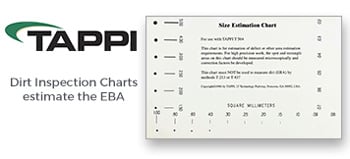Pulp and paper mills: The original biorefineries — past performance and limitations to future opportunities, TAPPI Journal October 2023
Application: Attempting to use the paper industry as a biorefinery funding and demonstration vehicle is not an efficient option. Several political reasons play into this decision. The highest probability of paper industry involve-ment is through acquisition of a small-scale operating plan rather than greenfield, serial number 1 funding.
TAPPI
conference proceedings and presentations, technical papers, and publication articles provide technical and management data and solutions on topics covering the Pulp, Paper, Tissue, Corrugated Packaging, Flexible Packaging, Nanotechnology and Converting Industries.
Simply select the quantity, add to your cart and your conference paper, presentation or article will be available for immediate download.





